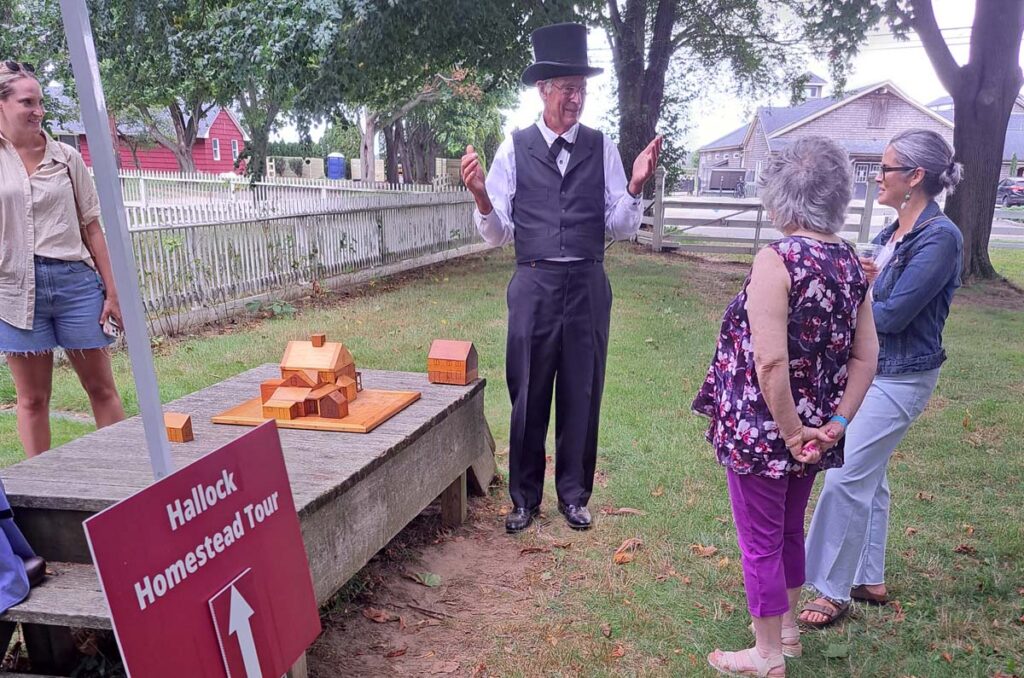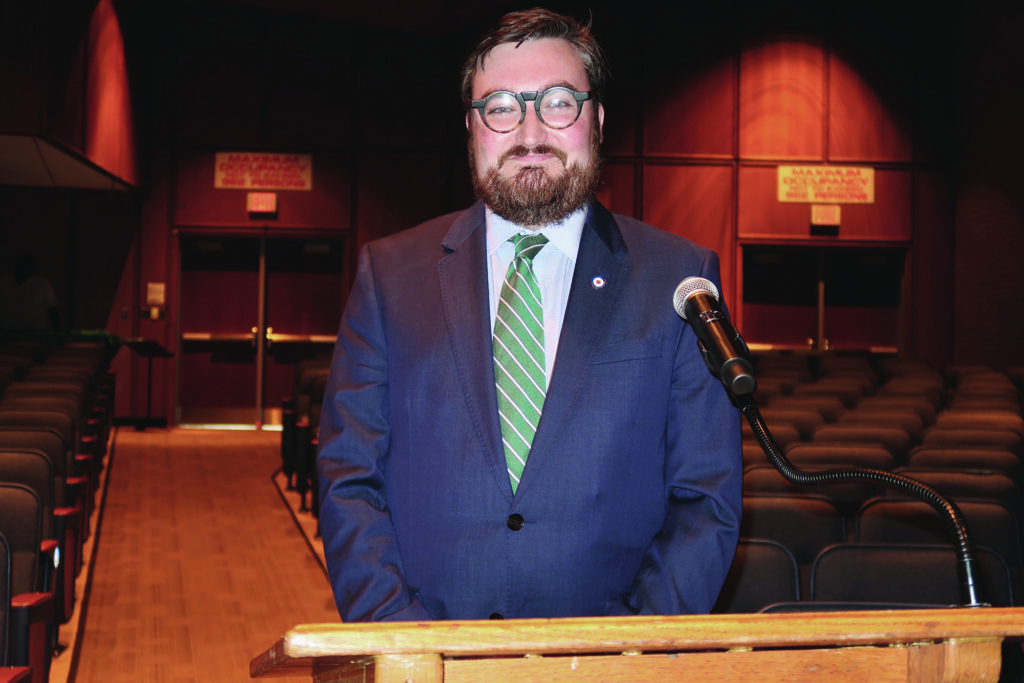Guest Column: Juneteenth’s path to a national holiday

It’s said that a “journey of a thousand miles begins with a single step.” That’s certainly true of Opal Lee, a retired school teacher and mother of four from Fort Worth, Texas, who decided to walk from her home to Washington, D.C., to request that Juneteenth be made a national holiday, one that all Americans would celebrate.
Juneteenth wasn’t anything new for her and African Americans in Texas and across the nation. It had been a long-held celebration since Gen. Gordon Granger and the Union army arrived in Galveston, Texas, on June 19, 1865, to enforce the Emancipation Proclamation, which President Abraham Lincoln signed on Jan. 1, 1863, declaring all slaves in the rebel-held states to be “forever free.”
This news, however, took two and half years to reach Galveston, where Granger marched through the streets to deliver the news: “The people are informed that in accordance with a Proclamation from the Executive of the United States all slaves are free. This involves an absolute equality of personal rights of property, between masters and slaves, and the connection heretofore existing between them, become that between employer and hired labor. The freed are advised to remain at their homes, and work for wages.”
At the time, more than 250,000 Black people were still enslaved in Texas. Copies of the ordinances were posted in public places and at the Negro Church on Broadway in Galveston, renamed the Reedy Chapel African Methodist Episcopal Church. And the enslaved acknowledged their freedom with great joy and jubilation.
The first major celebration was held June 19, 1866, by the freedmen of Galveston. The aptly named “Jubilee Day” was celebrated with drinks and food at picnics, where people played games and music and danced. In addition to celebrating freedom and cultural heritage, this was a day to learn about their rights as American citizens, grass roots politics, voter registration and the importance of education. It wasn’t until the 1890s that Juneteenth became the official name of this holiday, honoring the day when the news of the “forever free” was finally heard by thousands of enslaved people in Galveston.
Since it took 2.5 years for the news to spread from Washington, D.C., to Galveston, Texas, Opal Lee decided in September 2016 that she would walk 2.5 miles to raise awareness of the holiday that had mainly been celebrated by African Americans. “Juneteenth is a day of remembrance for all people, not just for the descendants of American slaves,” she famously said. “People need to know that it’s not a Black thing, or a Texas thing. Freedom is for everybody; if it’s not, we’re not free.”
In 2019, Ms. Lee, then 90,decided to walk the 1,400 miles from her home in Fort Worth, Texas, all the way to Washington, D.C., hoping “somebody would notice a little old lady in tennis shoes.”
They did. As she made her way through the formerly Confederate states, walkers joined to support her, and more than 1.5 million people signed her Change.org petition in support of making Juneteenth a federal holiday.
Two years later, on June 15, 2021, the U.S. Senate voted unanimously to pass the bill that makes Juneteenth a paid federal holiday. President Joseph Biden signed Juneteenth National Independence Day into law two days later. Ms. Opal Lee was there to witness this historic moment.
Her optimism is even more admirable considering the racial violence she and her loved ones have experienced in this country: She was a child when a white mob vandalized and burned down her family’s Fort Worth home, which was in a predominantly white neighborhood, on June 19 — Juneteenth — in 1939. Threatened yet undaunted, her parents relocated and rebuilt their lives. She attended segregated schools and knew where to sit on public transportation to avoid trouble.
Ms. Lee told The Fort Worth Star Telegram in a 2002 article that the public pool was opened to Black people on Juneteenth — and then drained and refilled for white people. She has experienced so much in her long life, including a Nobel Peace Prize nomination in 2022.
While she did not win the award, she did get her wish: Juneteenth is a federal holiday and “Ms. Opal Walks” continue to happen annually to raise awareness of the importance of this holiday for all Americans. As she has said, “No one is free until we’re all free.” And for that, we must all celebrate.
The Rev. Wimberly is pastor of Clinton Memorial A.M.E. Zion Church in Greenport.








